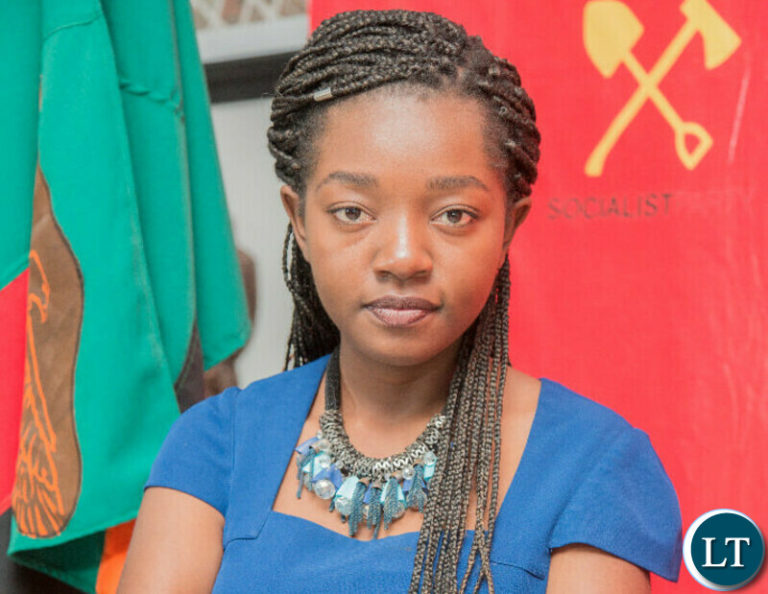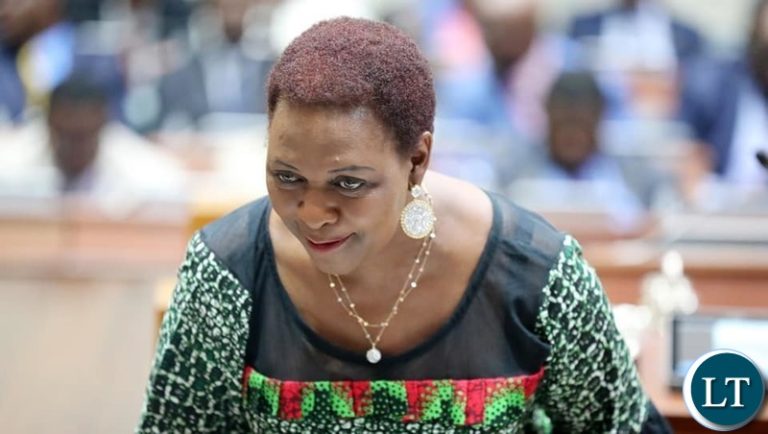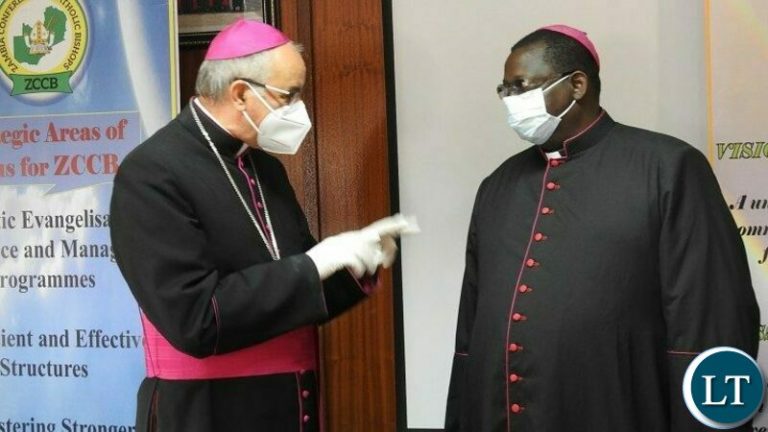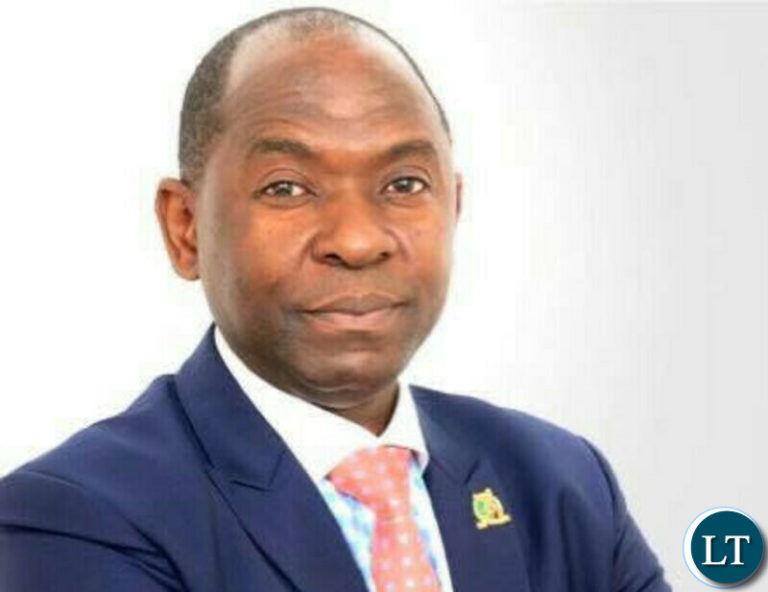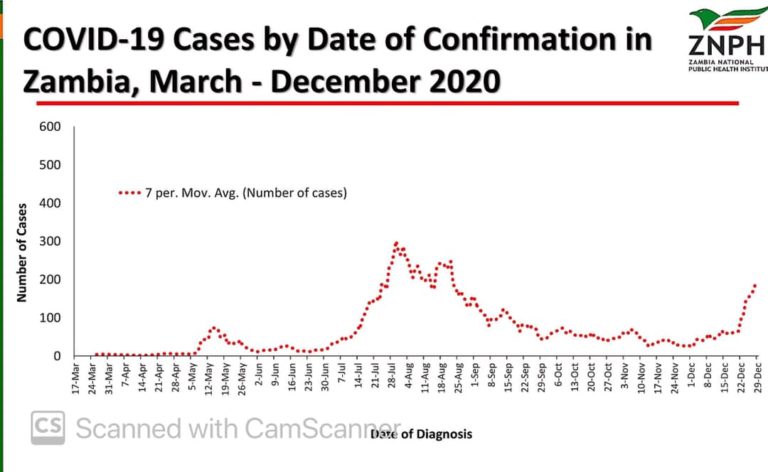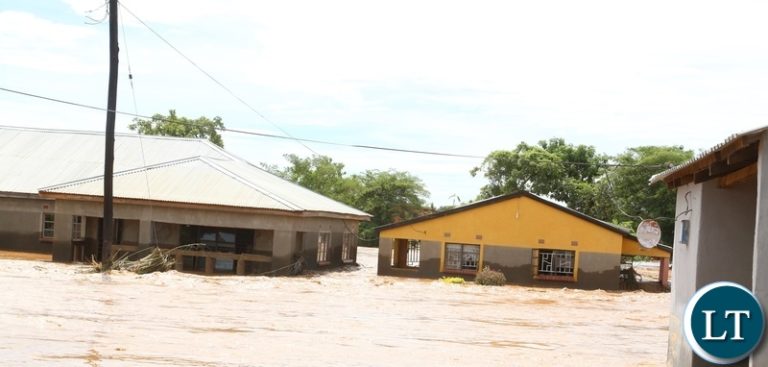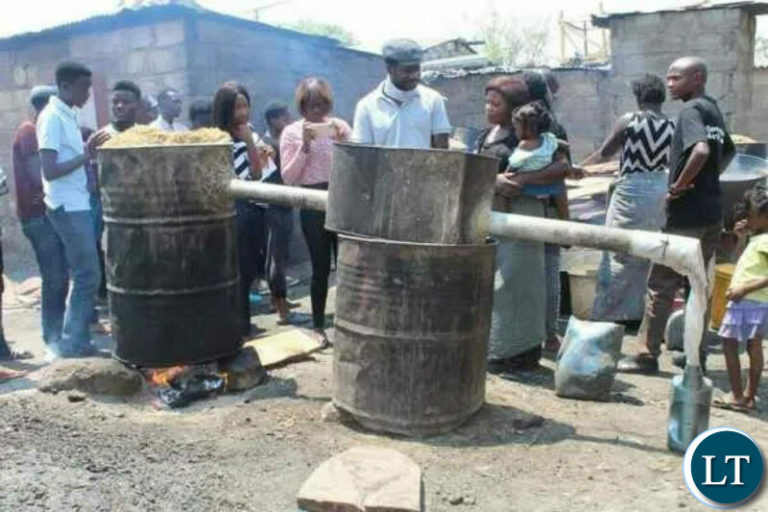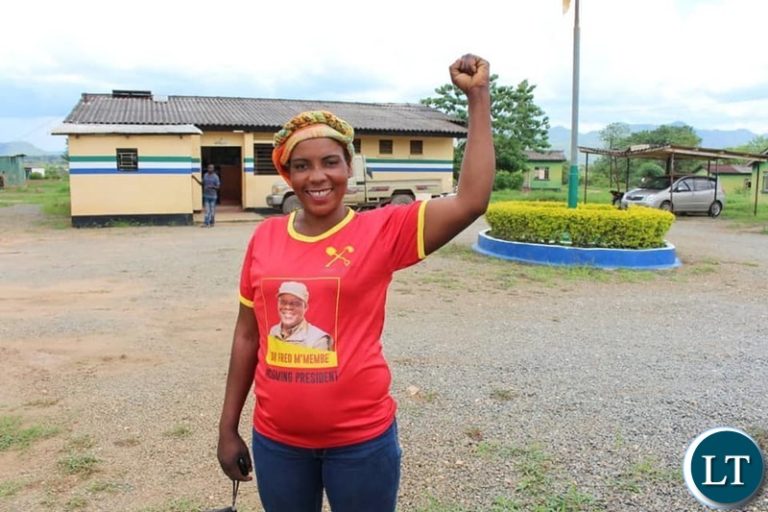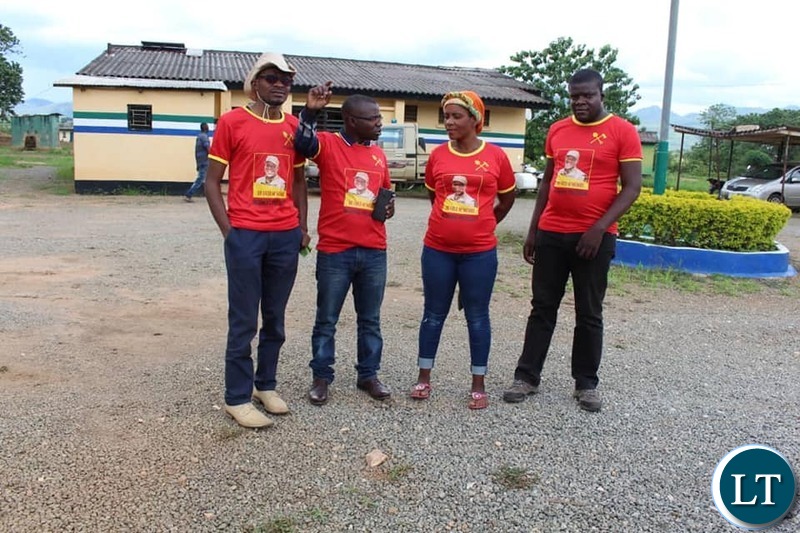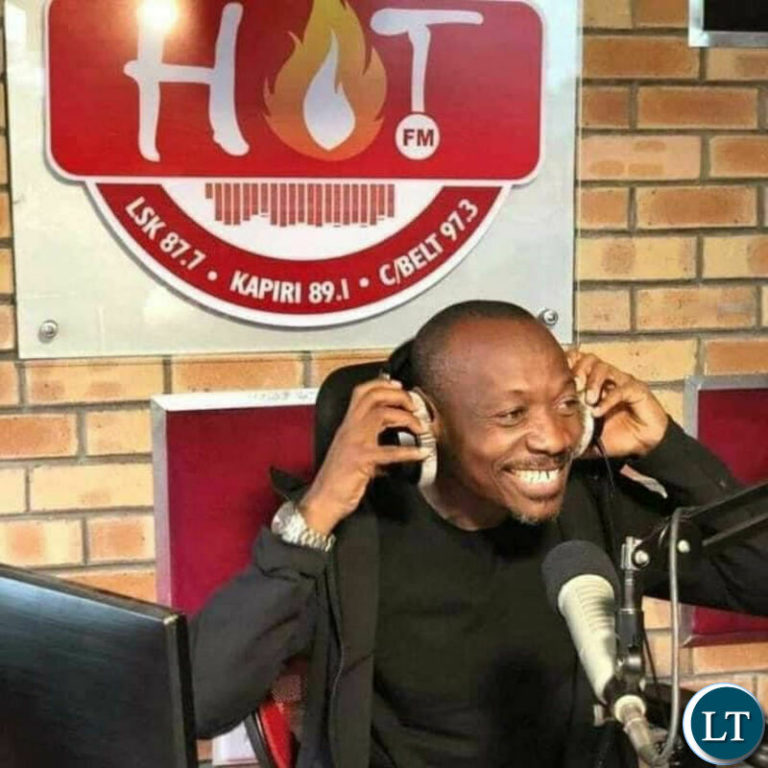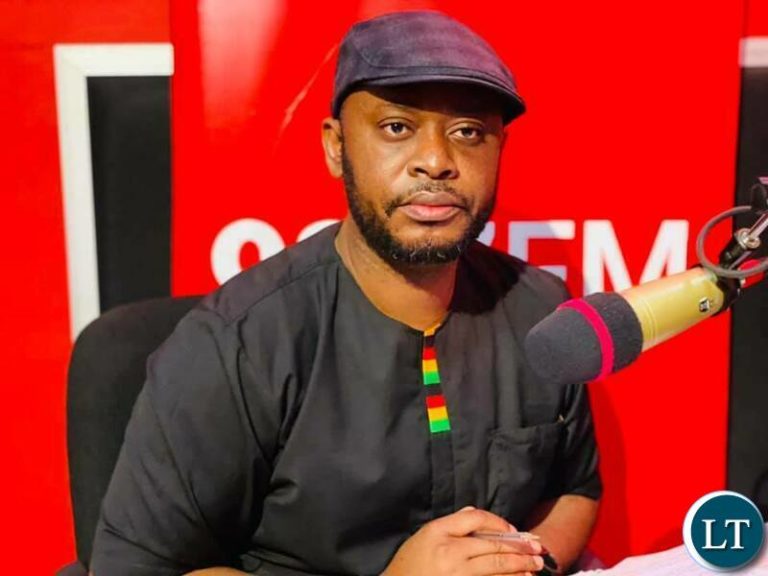By Rehoboth Kafwabulula
Today, Zambia stands at a crossroad of a growing culture of violence and intolerance. While the majority of us bury our heads with an illusion that we are a peaceful country, there is a growing well-resourced, well-organised system that has put young people at the centre of the politics of pangas and screw drivers. Increasingly, we as a country are being placed on the world map for the wrong reasons.
We note with saddness that existing political parties have made little effort to none to inculcate idea and value-based politics to equip young people with a deeper and more complex understanding of politics and ideology in a fast-changing world. So far, the Socialist Party stands out in pushing for idea and value-based politics that if emulated could contribute to a truly transformed and exciting political landscape in Zambia. However, the Socialist Party’s journey to push for politics grounded in ideas has not been without challenges.
In 2018, the General Secretary and First vice president of the Socialist Party, Dr Cosmas Musheke Musumali appointed an interim leadership of the Socialist Youth League (SYL). I was assigned the task of General Secretary of the Youth League. That year, I spent most of my free time crisscrossing different compounds in Lusaka along with senior comrades. We mobilized, formed branches, ward and constituency structures. All the while, my fellow young comrades and I were just happy and often clumsy participants. During that period, we had one task, to learn!
In July of the same year, senior party comrades decided that we had learned enough, and it was time for us to get on the ground, to mobilize the youth and coordinate at a National Level. The Socialist Party president, Comrade Dr Fred M’membe asked us to draft a youth program which we would use for the next couple of months. That cloudy and windy day in July could easily pass for the first day of the summer. The excitement was definitely an understatement. In our minds, we would go on to build a youth movement that would have left the grassroots organizers of Chachacha days red with envy. Armed with socialist ideology, patriotism and flirtations with pan Africanism, we were convinced that we would win over the majority of Zambia’s youth. That together, we would build a better country and continent for ourselves. As the Youth Collective then, we were convinced we would achieve our objective of building sustainable structures of the Youth League across all provinces within the space of five (5) months.
To this day, I am not sure if that goal was simply ambitious or the naivety of the teenagers, as we were then. But what we also know from history and our liberation is that young people in those movements were equipped ideologically to independence.
In August 2018, we began our work. We made our phone calls, and only one constituency was ready to start working with us immediately. That month, we formed our first youth structure in Kanyama, Chibolya Compound to be specific. It was a very interesting experience. As the months wore on, we gained momentum. We formed more structures; these were not void of challenges and mistakes but we kept moving.
In 2019, we set out to carry on our first titanic task that would be our vision to contribute to the politics of ideas for a better Zambia. We were going to start a free tuition program for our members who were writing their Grade 12 or GCE Examinations. Our education system is designed in such a way that many pupils in government schools don’t have sufficient hours to learn, not enough teachers, often empty libraries, and several other factors that make it hard for the pupils in government schools to pass their exams. We were determined to make sure the members of the Youth League from humble backgrounds would all clear their GCE or Grade 12 examinations.
That August we initiated our pilot project in ward 10, Kanyama. We convinced two of our senior comrades, who were also teachers, to give up a few hours of their weekends to teach these classes. We secured one whiteboard from our Party offices. A Comrade offered their home for our activity. We asked another for money, to buy some markers, another comrade offered some more money, which we spent on water for the teachers and participants. We drew up a program. That first Saturday of August, we gathered our young members, and the program kick-started with lesson 1 in Mathematics. That first day was a proud moment for us. We left our Kanyama youth coordinator in charge, and decided to not visit the next class and instead get a report the following weekend.
The next weekend, I received a call from our Kanyama coordinator telling me he had dispersed all learners. He told me some of our comrades had been attacked by Cadres and it was not safe, before I could ask any questions he hangs up. I called him back severally, his phone went unanswered. My heart sank. Worse off, I had no idea what was going on and who was hurt. A couple of hours later he called and told me that the attack wasn’t on the young comrades, instead, senior comrades were having an unrelated but quiet meeting in a different part of the constituency. He explained that some cadres from a different party heard of the meeting, and decided to disrupt it. They arrived in a typical disappointing cadre fashion. In a bus, drunk, armed with pangas, screwdrivers and machetes. They arrived where our senior comrades were meeting and disorganized their meeting. They broke windows, knocked heads, and stabbed a few of our senior comrades with screwdrivers. They had blocked the entrance; senior comrades were forced to jump over the wall fence and run for dear life.
Needless to say, our pilot project was immediately canceled. We were promptly informed that if some cadres from that party found out that we were running such a program in that area, they would put a stop to it with pangas before it gained attraction of the community. Canceling this noble cause of ideas broke our hearts to but we soldiered on.
Before that fateful day, I thought the politics of pangas and screw drivers was nothing but senseless clashing between overzealous and foolish youth. I would later learn that it’s a well-oiled, heavily funded and calculated system. A comrade who used to be a Commander in some party would one day sit me down, and explain this complex system to me. From the dispatch of weapons, to the flow of cash. There is a hierarchy, a system of communication and chess like moves are employed. The goal is to ensure that all would be political opponents are too afraid to mobilise. The result, one party dominates an area. Not that the people don’t like any other party, but they are left almost without options. Nonetheless, we kept moving.
We are no longer as naive to think organising or mobilising will be a walk in the park. Nonetheless, we remain hopeful and optimistic that it is possible to build a better country with a youth grounded in progressive knowledge and ideas for real change.


